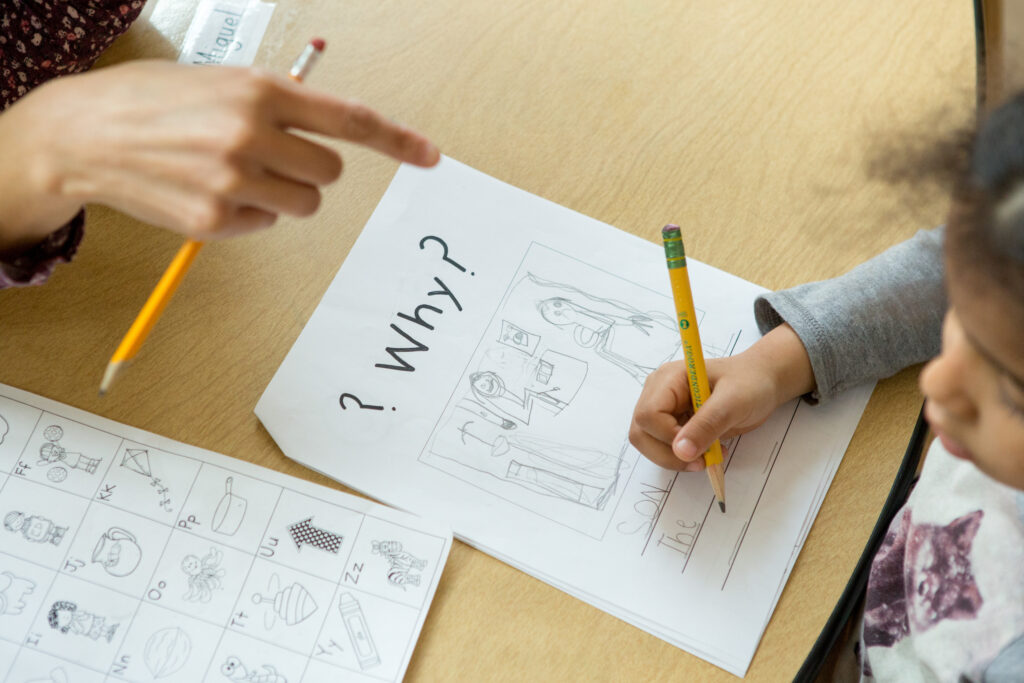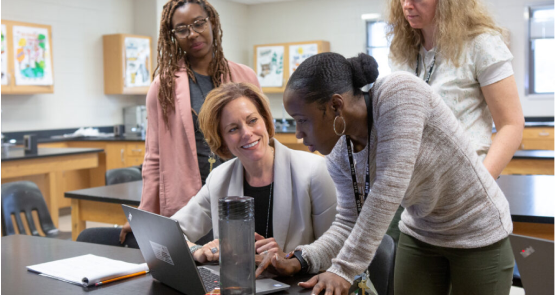Insights
Get insights from the Reboot Foundation into topics like metacognition, media literacy, and how best to teach critical thinking. Our work is designed to give readers ideas and information they can put to use immediately.
Get insights from the Reboot Foundation into topics like metacognition, media literacy, and how best to teach critical thinking. Our work is designed to give readers ideas and information they can put to use immediately.

Subscribe to get updates and news about critical thinking, and links to free resources.













